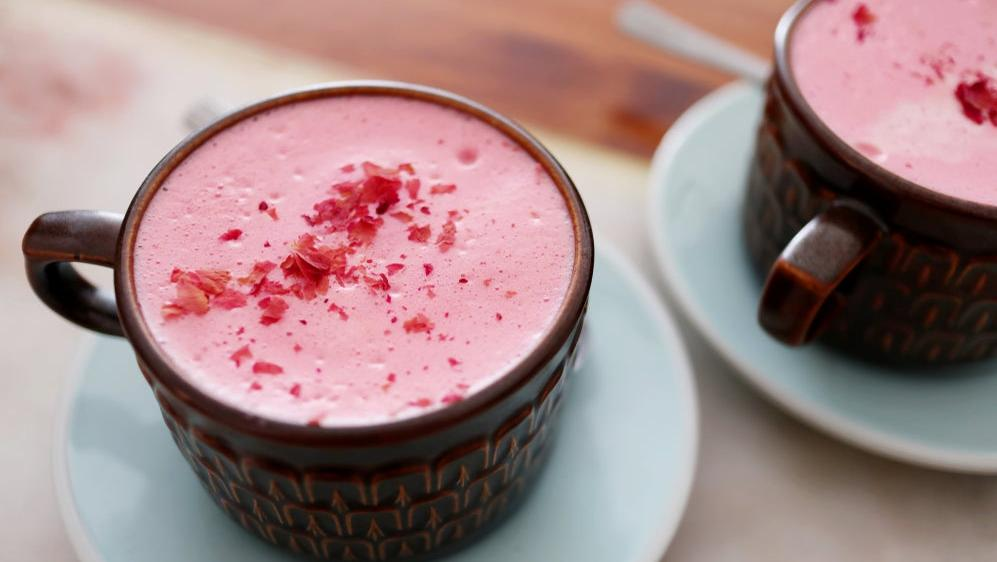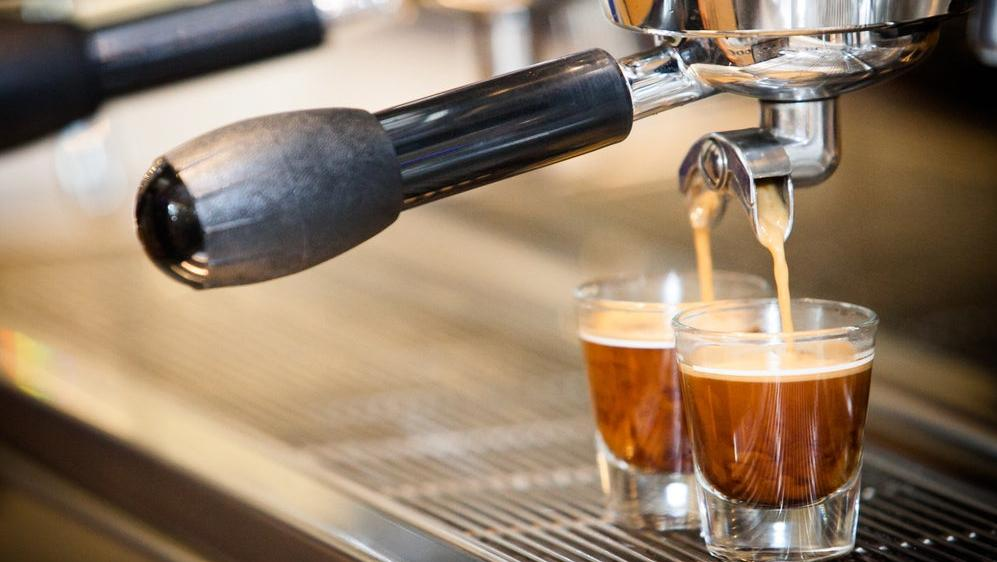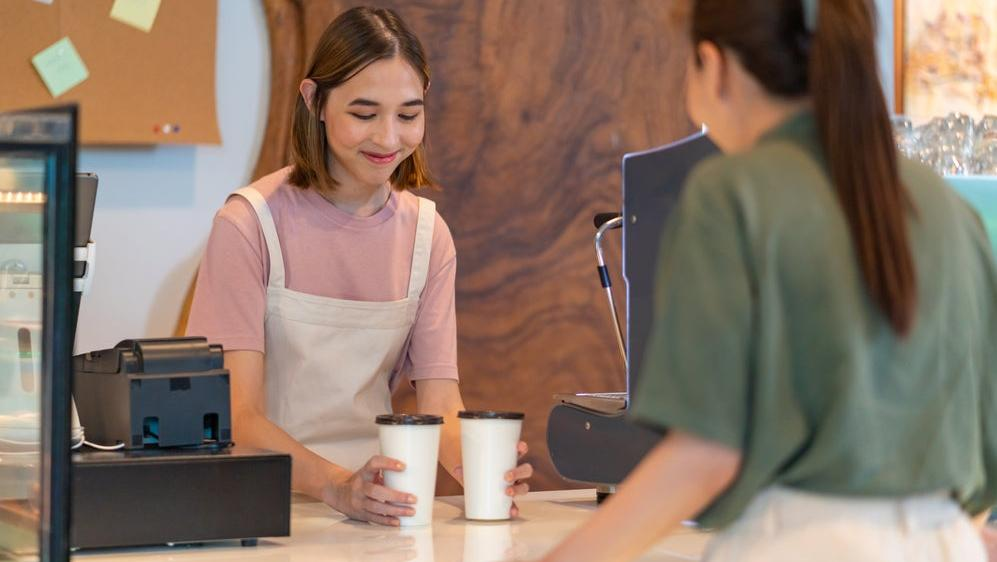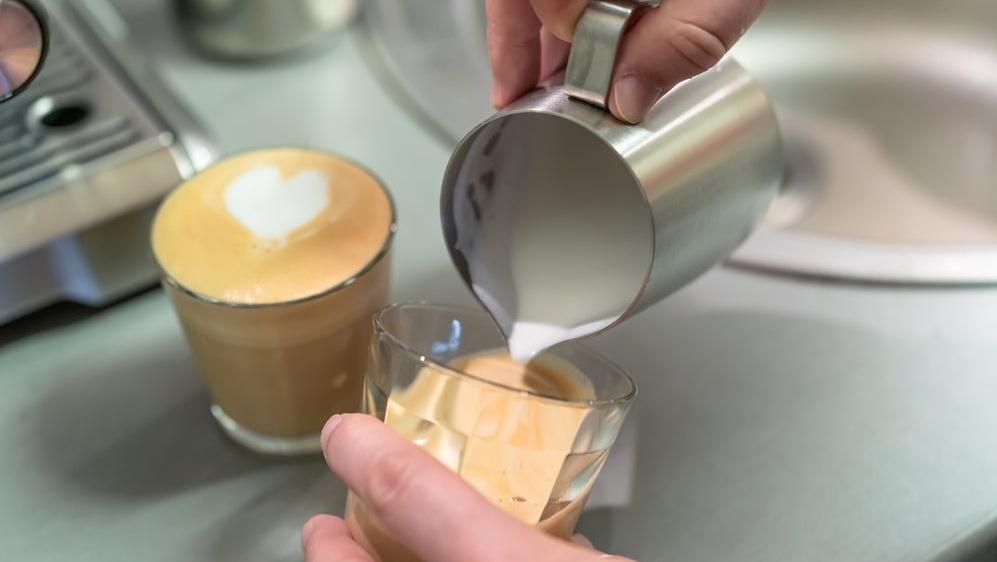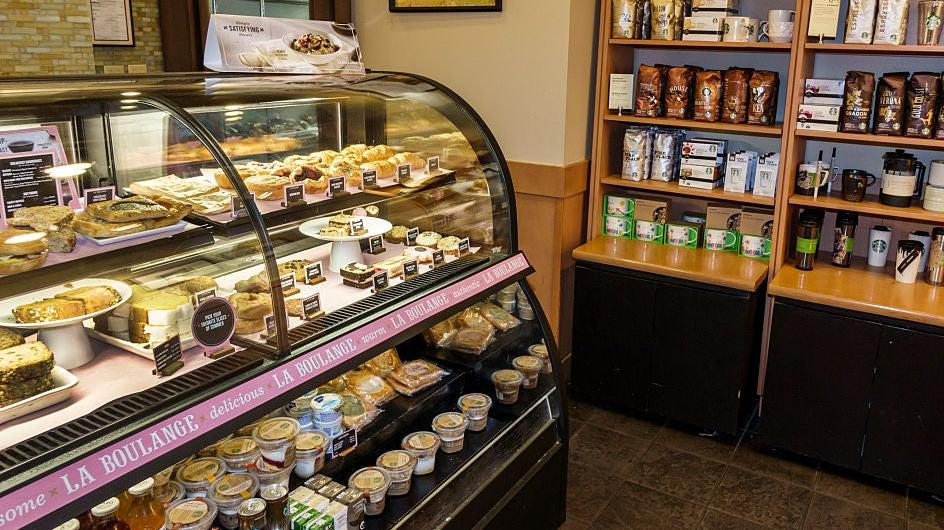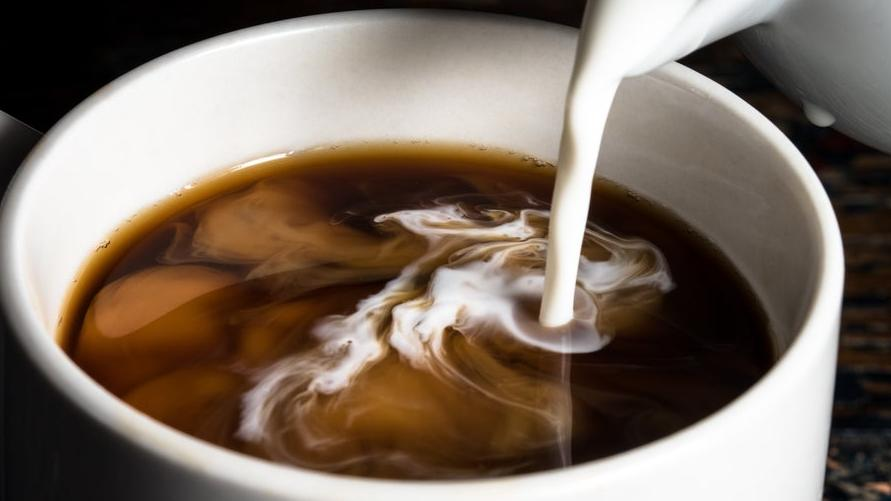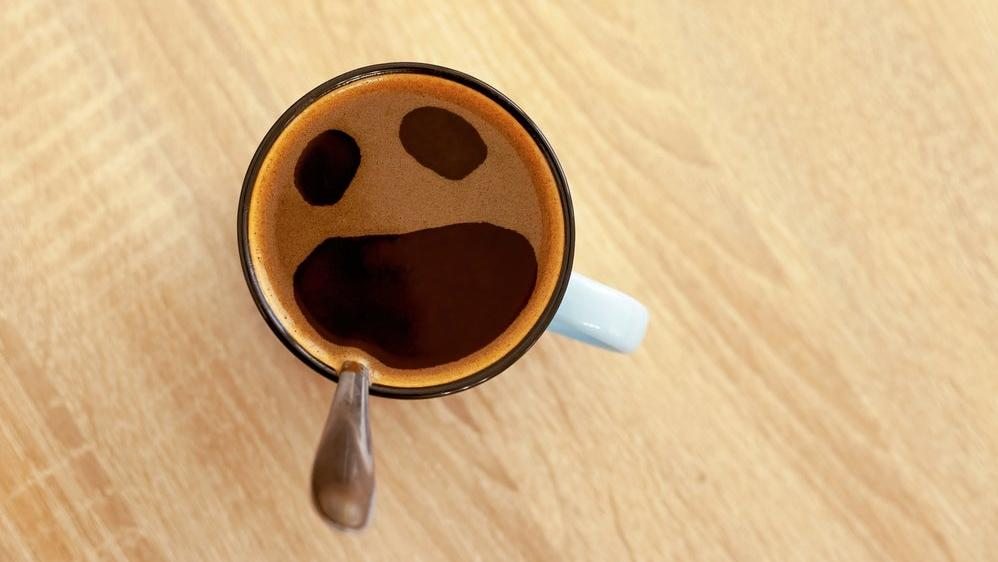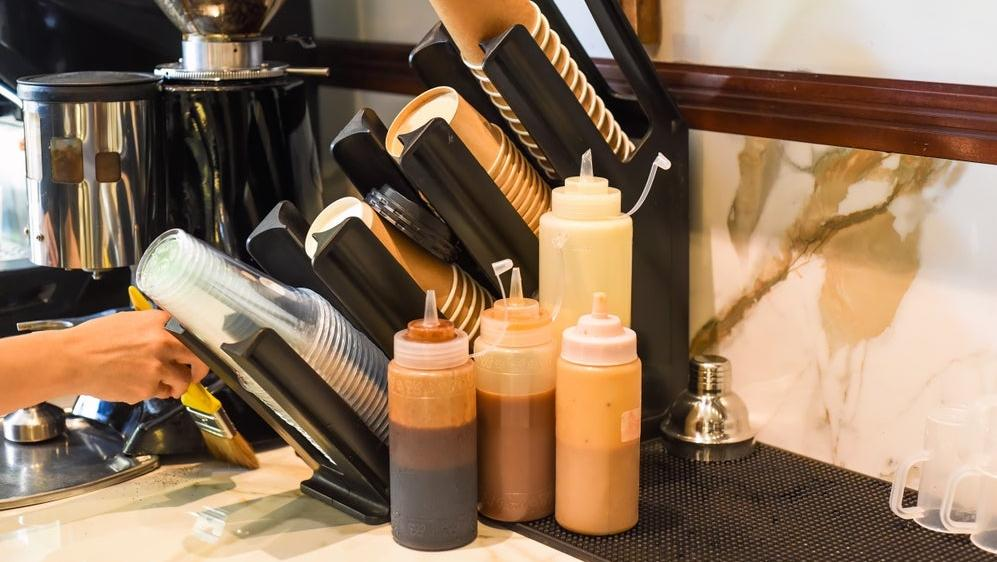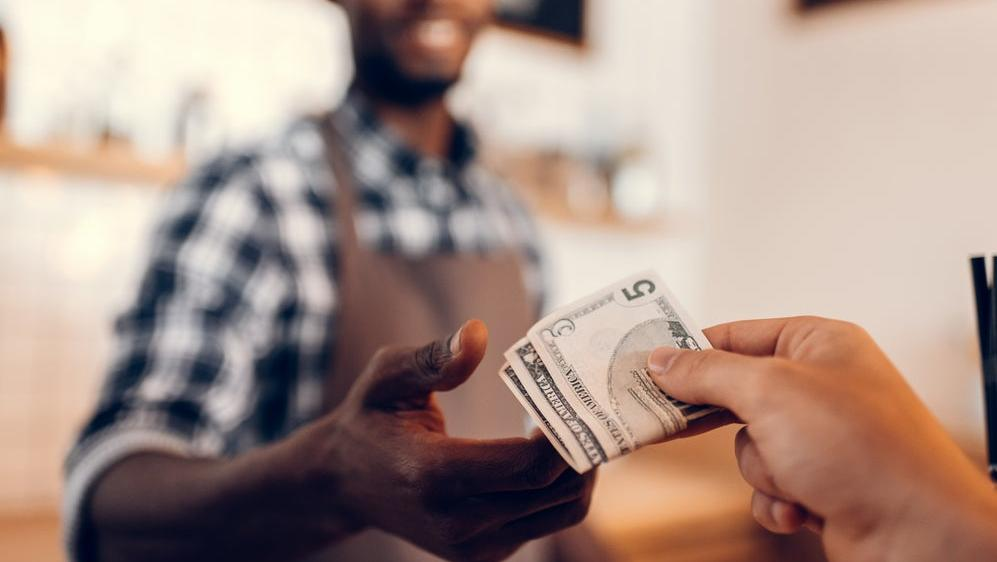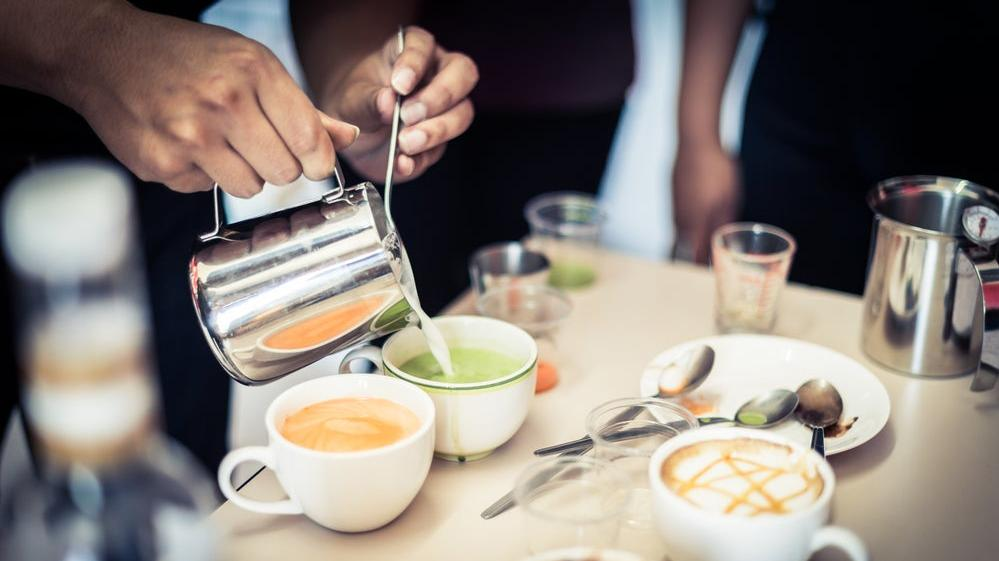10 Unexpected Skills Baristas Learn On The Job
It's not all pulling espresso shots—there are other lessons to be learned from working coffee shops.
As a longtime barista, I learned that there's much more to the job than selling drip coffee to the caffeine-thirsty masses. Though your favorite Starbucks employee may exude a cool factor you only wish you could achieve in a single lifetime, there are other skills these latte providers have come to acquire in their time on the clock—not all of them related to the art of making a good cup (though that's certainly part of it). Here are ten surprising skills that baristas learn on the job, the mastery of which makes their shifts a heck of a lot smoother.
Waking up early (and staying awake all day)
Working as a barista can mean arriving at the shop as early as 6 a.m., roughly an hour before the cafe opens to the public. This means that for employees with long commutes, it could be the norm to wake up somewhere between 4 and 5 a.m., a feat that you might think is reserved for superhumans. The plus side is that many baristas end their shifts earlier than the typical 9-5 working person. The downside is that it isn't easy to move through the afternoon when your day began well before the sun rose. Once it's routine, however, employees often find they grow used to waking up in darkness, or they find a caffeine-and-nap combo that works for them.
Striking a compromise
It might not seem like it, but working in a coffee shop requires constant compromise, both with one's coworkers and the customers. Run out of regular black coffee? You'll have to suggest an alternative drink that fits the customer's preferences, like an Americano (a double shot of espresso in hot water). This is similar enough, if not exactly the same as what they wanted, and while the guest might be mildly disappointed, they're usually down to try the next best thing. Similarly, baristas might bargain with each other to cover less desirable shifts if someone is sick, compromising with a promise to pick up the next one.
The art of persuasion
Have you, as a coffee shop customer, ever wonder why you suddenly felt compelled to add caramel syrup to your iced coffee when it contradicts your regular-degular coffee order? You just might have been influenced by a persuasive barista whose upselling power was too great to resist. Persuasion is a useful skill for baristas to have in their back pockets, because it increases the likelihood of a higher ticket amount, which, in theory, increases the tip along with it. It can also help defuse situations where a customer is upset about something, because the right suggestions can return them to a happy place where they won't lodge formal complaints just because something was sold out or a punch card expired.
Multitasking
In a perfect world, multitasking wouldn't have to exist, and we could direct every speck of our attention to the incredible salad in front of us without simultaneously filling out time-sensitive spreadsheets. However, the world is far from ideal, and baristas certainly learn how to develop a sort of muscle memory for doing ten things at once. Every passing second, hot drinks are getting colder and milks are losing their froth, so the tasks that require more time to complete have to be done first before attending to the smaller tasks. Some must even be handled a day ahead, like making cold brew concentrate, so it's ready for the next morning. Restocking items, making new batches of iced tea, and tending to customers must all happen harmoniously, and none of it would get done without the barista brain's keen ability to prioritize.
Proper food handling
Though you'd certainly want your barista to be familiar with how to pluck croissants from the case, there's a bit more that trained baristas are expected to know about food service. For most service jobs, a food handler's certificate is required; this involves learning a set of guidelines on temperature ranges and conditions that must be thoroughly maintained in any food establishment. It's typical protocol that at least one worker on the floor holds this license. This knowledge can vary, but its applications are wide-ranging—for example, knowing which hard cheeses can be safely left in the pastry case and which ones must be refrigerated.
Instantly detecting if milk has gone bad
Once in a blue moon, baristas will find a perfectly good milk carton in the fridge marked with the appropriate expiration date days in the future, but the milk has curdled. This is most likely the result of being left out for too long before delivery to the coffee shop, but whatever the reason, it's essential that baristas use their judgment and make a swift call to get rid of anything suspicious. You learn the smell of sour milk pretty quickly, and being decisive about disposing of it will save countless customers from a horribly Monday. As any barista can tell you, when in doubt, throw it out.
Dealing with difficult people in all walks of life
In the food service industry, people's true colors are often revealed thanks to a delightful blend of pressure, time sensitivity, and indecision-driven panic. But when an already challenging day slowly makes its way south, there's nothing like a difficult customer to ice the cake. Maybe a customer doesn't want to wait their turn, or causes a scene when an item has run out after a rush, but whatever it might be, a barista's work is harder when customers aren't willing to work together on a problem. Sympathy outruns impatience, and being a cool customer might even earn you a free pastry once in a while if you've been calmly waiting. Just remember the famous quote attributed to Muhammad Ali: "I don't trust anyone who's nice to me but rude to the waiter, because they would treat me the same way if I were in that position."
Maintaining a clean space
Cleaning isn't everyone's jam, but it sure makes a barista's job less stressful when there isn't milk dripping off the edge of the counter. Cleanliness doesn't just create a more welcoming environment for the customers; it's a safety measure, right down to the rubber mats on the floor. In addition, with dampness comes bacteria, and doing daily wipedowns and a weekly deep-cleanse of the fridge is a solid 40% of the job. Black mold can accumulate in the crevices of fridge doors, and also on smudged glass. What's the barista secret? Using newspaper or a coffee filter to wipe down dirty glass doors with Windex works wonders without leaving streaks.
Handling and counting cash
Maintaining a register is essential to any barista's work. Is the amount of default cash the same as it was at the beginning of the day, or is it off by a couple bucks? To ensure cash stays accurate in a register, the best skill a barista can have is reading back an order to a customer, especially if the order includes multiple items. Being keenly aware of how money comes and goes through the business is useful no matter where you work. On bustling days, baristas might even count the register midday when there's a spare moment, to catch mistakes and have time to solve for them before closing time.
Thinking creatively
Barista work is a creative field. Ever order a weekly drink special because it sounded interesting? Chances are your barista came up with the recipe themselves, as some coffee shop owners rely on the expertise of employees to devise one-of-a-kind concoctions. Many customers also want to be surprised with an off-menu item, and in those cases, creativity is essential if you want to whip up something fun, unique, and drinkable, or even just add pizzazz to an existing beverage.
